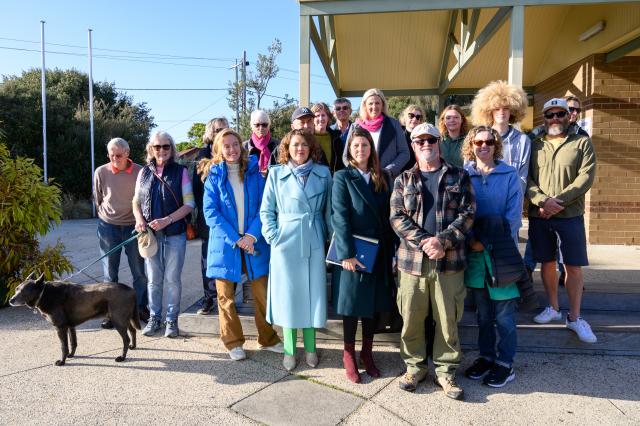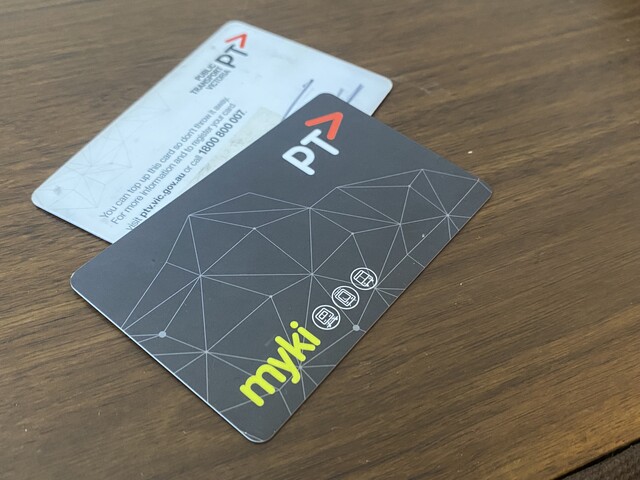Community groups are making a last-ditch effort to ensure the funding of the region’s libraries ahead of Geelong council’s June 27 meeting, where it will seek to finalise its 2023-24 budget.
Council’s draft budget failed to include extra funds for the operation of the newly-constructed Drysdale library, leaving Geelong Regional Library Corporation (GRLC) with a shortfall of nearly $800,000.
Geelong council has repeatedly put the onus on GLRC and the state government, with councillors calling this one of the most difficult budgets they have faced.
The community backlash has been loud and angry ever since the announcement of the draft budget, even more so after the public were disallowed from asking questions about library funding at last month’s council meeting.
Combined Regional Libraries Action Group spokesperson Kathleen Riches said the council needed to fund the full $762,000 needed to operate the new Drysdale library so that services at other libraries were not cut.
“We will not accept anything less than full funding,” Ms Riches said.
“Anything less will be met with ongoing protests. There will be a groundswell of activity sufficient to unseat councillors at the next election.
“The community has shown us how important libraries are for the health, wellbeing, security, sanity, sense of belonging, access to information, access to technology, warmth and companionship of us all.
“We will continue to fight for all those services. We will not accept closures. “
Save Geelong West Library’s Emma Balkin said council needed to stop trying to pass off its responsibilities.
“Council’s trying to wash their hands of responsibility here; they’re trying to pass the buck, literally, and hoping someone else will step in,” Ms Balkin said.
“This is an obligation and a responsibility that they have and that they need to continue providing. We would also love that money from the state but that’s not the battle that we’re having at the moment.”
Geelong mayor Trent Sullivan said the council was listening to the community but needed state government assistance.
“We have actively encouraged feedback, and the process has shown us where community passion lies,” he said.
“To assist in making sure libraries are financially sustainable into the future, we need to see a return to something closer to the historical (50-50) funding split between the state government and local councils.
“Regardless of this year’s budget outcome, we’ll be making it an advocacy priority over the next year to speak with the state about its contribution to libraries.”









